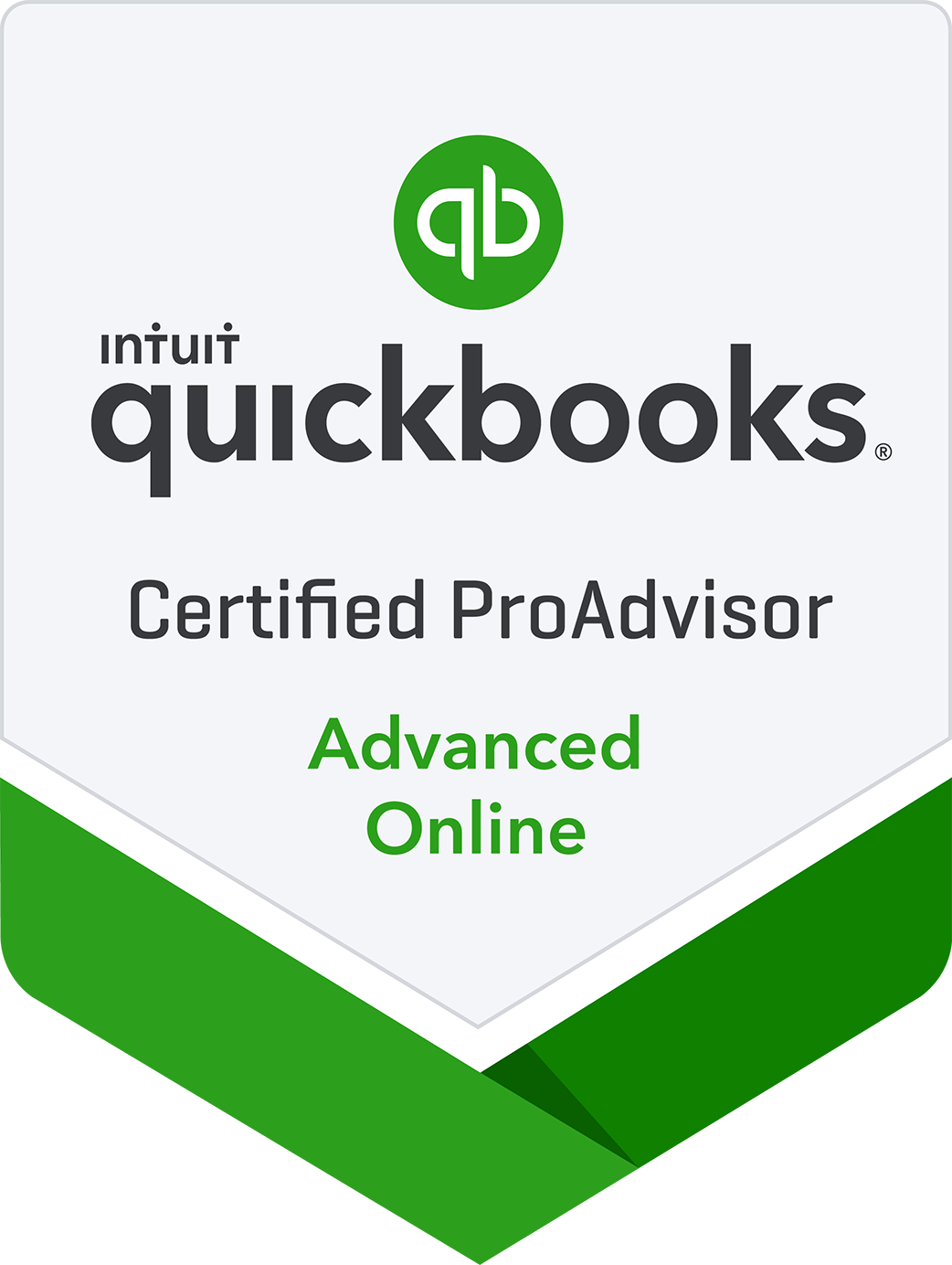Enhancing Financial Reporting Accuracy and Maximizing Tax Deductions for Real Estate Businesses

In the real estate sector, accurate financial reporting and effective bookkeeping are essential for maintaining financial health and maximizing tax deductions. These practices not only ensure compliance with regulatory requirements but also provide valuable insights into business performance, enabling better decision-making. This blog post will explore strategies to enhance financial reporting accuracy and maximize tax deductions.
Implement a Robust Accounting System
Importance of a Specialized System
A specialized accounting system tailored for real estate can streamline the tracking of income, expenses, and property-related financial activities, ensuring accuracy and efficiency.
Key Features to Look For
- Automated Data Entry: Reduces manual errors and saves time by automating data input from bank statements, invoices, and receipts.
- Real-Time Reporting: Offers up-to-date financial information, enabling timely decision-making.
- Integration Capabilities: Seamlessly integrates with property management software and other relevant tools.
- Customizable Reports: Generates tailored financial reports such as profit and loss statements, balance sheets, and cash flow statements specific to real estate needs.
Popular Choices
- QuickBooks Online: Versatile and widely used by small to medium-sized businesses.
- Buildium: Ideal for property managers needing integrated property management and accounting solutions.
- AppFolio Property Manager: Comprehensive solution for larger real estate portfolios.
Maintain Accurate and Detailed Records

Importance of Detailed Records
Accurate bookkeeping requires meticulous record-keeping of all financial transactions, which is crucial for tax preparation and financial analysis.
Best Practices
- Digital Storage Solutions: Use cloud-based storage to keep records organized, secure, and easily accessible.
- Regular Reconciliation: Frequently reconcile bank statements with accounting records to identify and correct discrepancies.
- Accurate Categorization: Categorize income and expenses accurately to ensure all financial transactions are correctly recorded and deductible expenses are captured.
Leverage Depreciation for Tax Deductions
Understanding Depreciation
Depreciation allows real estate owners to deduct the cost of purchasing property over its useful life, significantly reducing taxable income.
Methods of Depreciation
- Straight-Line Depreciation: Distributes the cost evenly over the property's useful life.
- Accelerated Depreciation: Front-loads deductions, offering larger tax breaks in the initial years.
Maximizing Depreciation Benefits
- Cost Segregation Studies: Conduct studies to identify and reclassify personal property assets, accelerating depreciation.
- Regular Updates: Update depreciation schedules regularly to ensure they reflect any changes in property use or value.
Optimize Tax Deductions with Accurate Bookkeeping
Common Tax Deductions
- Mortgage Interest: Deduct interest paid on loans used to purchase or improve rental properties.
- Property Taxes: Deduct property taxes paid on rental properties.
- Repairs and Maintenance: Deduct costs associated with maintaining and repairing rental properties.
- Professional Services: Deduct fees paid for legal, accounting, and property management services.
Advanced Tax Strategies
- 1031 Exchanges: Defer capital gains taxes by reinvesting proceeds from the sale of a property into a similar property.
- Opportunity Zones: Invest in designated opportunity zones to receive tax incentives.
Consult with Real Estate Accounting Professionals

Value of Professional Advice
Tax laws and regulations are complex and frequently changing. Consulting with an accounting professional who specializes in real estate can ensure you take full advantage of available deductions and credits.
Choosing the Right Professional
- Experience and Expertise: Look for professionals with a strong background in real estate accounting.
- Credentials: Ensure they have relevant qualifications, such as CPA (Certified Public Accountant) or EA (Enrolled Agent).
Reputation: Check reviews and seek recommendations from other real estate professionals.
Conclusion
Enhancing financial reporting accuracy and maximizing tax deductions are critical for the financial health and growth of real estate businesses. By implementing a robust accounting system, maintaining detailed records, conducting regular audits, leveraging depreciation, optimizing tax deductions, and consulting with real estate accounting professionals, businesses can ensure accurate financial management and take full advantage of tax benefits. Proactive and informed accounting practices will provide a solid foundation for long-term success in the real estate industry.



